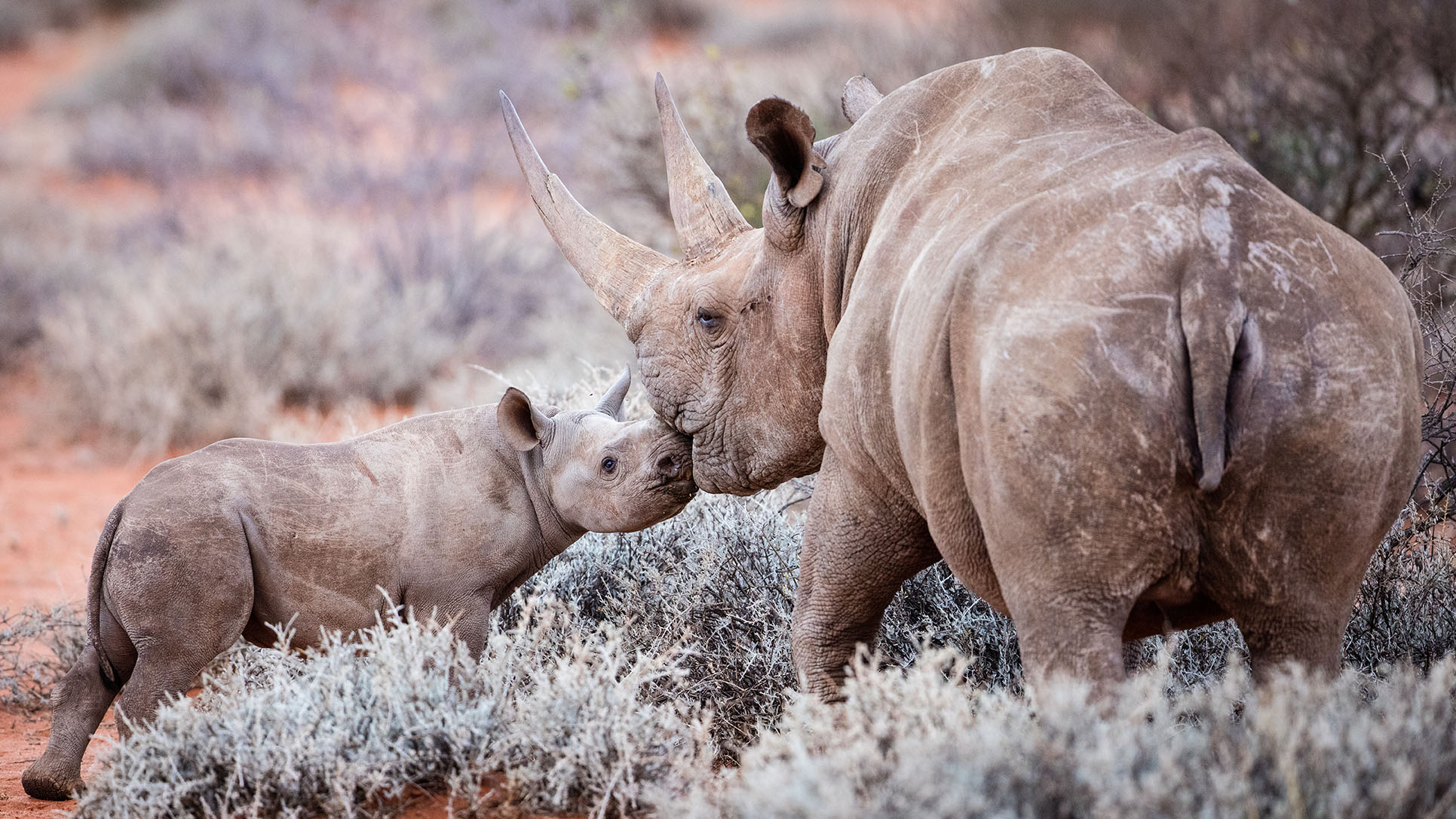

Placental mammals are mammals that have a placenta. A placenta is a special organ that develops in the uterus of a pregnant mammal. It allows the fetus to exchange nutrients and oxygen with the mother's blood.
Placental mammals are the most common type of mammal. They include humans, dogs, cats, cows, and many other animals.
Here are some of the characteristics of placental mammals:
Placental mammals are the most diverse group of mammals, with over 5,000 species.

Noun:
Adjective:
The word "placental mammal" comes from the Latin word "placenta", which means "flat cake".
The word "placental mammal" was first used in English in the 19th century. It was used to refer to mammals that have a placenta.
The root of the word "placental" is the Latin word "placere", which means "to please".
So, the word "placental mammal" literally means "mammal with a pleasing organ". This is a reference to the fact that the placenta is an important organ that allows the fetus to develop and grow.
What is a placental mammal?